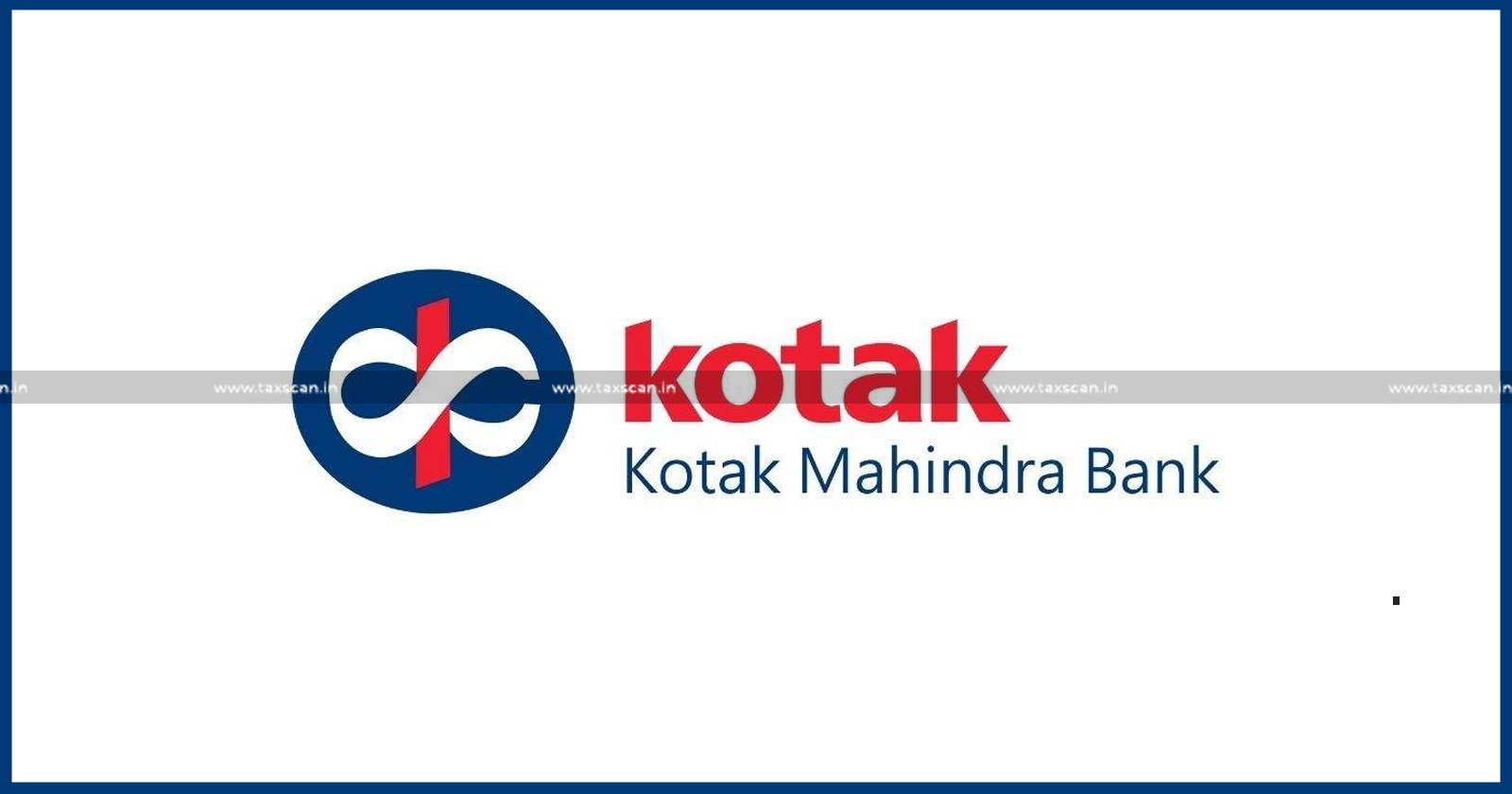Ambit of Adjudicating Authority After ‘Approval of Resolution Plan’, is Limited in Character: NCLAT dismisses Kotak Mahindra's Appeal [Read Order]

Ambit of Adjudicating Authority – Adjudicating Authority – Approval of Resolution Plan – NCLAT dismisses Kotak Mahindra’s Appeal – NCLAT – Kotak Mahindra – Taxscan
Ambit of Adjudicating Authority – Adjudicating Authority – Approval of Resolution Plan – NCLAT dismisses Kotak Mahindra’s Appeal – NCLAT – Kotak Mahindra – Taxscan
In the matter Kotak Mahindra Bank, the Chennai bench of the National Company Law Appellate Tribunal (NCLAT ) dismissed the appeal and held that ambit of adjudicating authority after ‘approval of resolution plan’, is limited in character.
The applicant who is aggrieved by its categorization as an ‘Unsecured Creditor’ had sufficient opportunity to challenge the same during the consideration of the Resolution Plan before its approval by this Tribunal. This was not done by the applicant. The applicant had filed an application seeking intervention when the matter was taken in appeal before the Supreme Court. However, the application/petition was withdrawn by the applicant.
The scope of the Tribunal after approval of a Resolution Plan is very limited and is only to the extent of the implementation of an approved Resolution Plan. Any relief which could potentially change the terms of a Resolution Plan cannot be entertained.
No charge over the receivables of the Corporate Debtor in the bills tendered to the purchases for the payment to the applicant bank was registered as per the Register of Charge maintained by the Corporate Debtor which is mandatory as provided under Section 77(3) of the Companies Act, 2013.
In the case of ONGC v. Official Liquidator of Ambica Mills Company Limited and Ors. (2015) 5 300, it was held that unless the charge becomes void against the Liquidator and any creditor of the Company.
Assailing the ‘validity’, ‘legality’, ‘propriety’ of the Impugned Order, the representing Counsel for the ‘Appellant’ submitted that they sought relief of declaration that the ‘Appellant’/ ‘Petitioner’ as being a ‘Secured Creditor’ of the ‘Corporate Debtor’.
In the ‘Corporate Insolvency Resolution Process (CIRP), the ‘Appellant’/ ‘Financial Creditor’ was categorised as an ‘Unsecured Financial Creditor’, although a combined reading of the definitions in Section 3(27) (30) & (31), read with Sections 5(7) and 5(8) of the ‘I&B Code, 2016’, the ‘Appellant’/ ‘Petitioner’ is demonstrably and undoubtedly a ‘Secured Financial Creditor’
A two-member bench comprising Justice M. Venugopal, Member (Judicial) and Alok Srivastava, Member (Technical) viewed that the respondent argued that the ‘Committee of Creditors’ had approved the ‘Resolution Plan’ on 11/06/2019, that the ‘Adjudicating Authority’ / ‘Tribunal’ had approved the Resolution Plan on 27/06/2019 and that the Resolution Plan got implemented on 31/03/2020 and by the Plan being implemented.
“The Impugned Order does not suffer from any ‘material irregularity’ or ‘patent illegality', in the eye of ‘Law’.”, the NCLAT concluded.
To Read the full text of the Order CLICK HERE
Support our journalism by subscribing to Taxscan premium. Follow us on Telegram for quick updates


